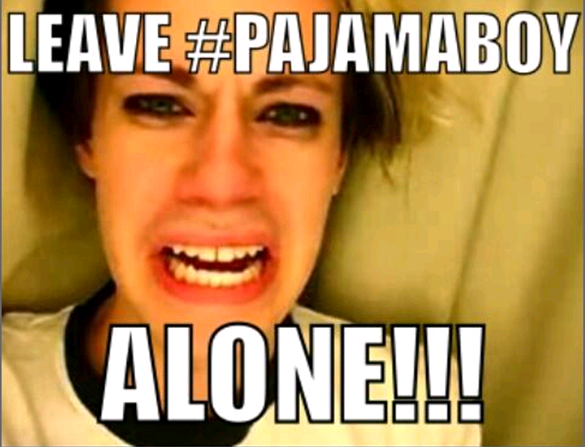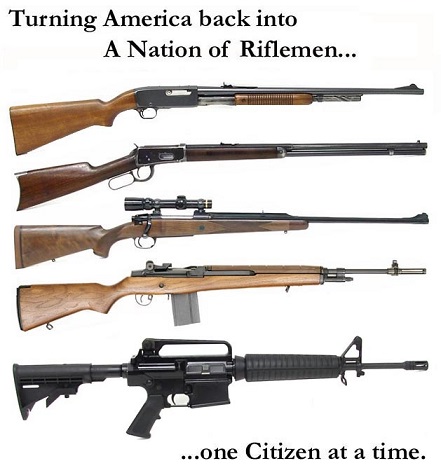The immortal words of Joe Jackson come to mind:
No amount of alcohol, sausage or bacon is safe according to cancer experts
Even small amounts of processed meats and booze increase the risk of a host of cancers outlined in World Cancer Research Fund (WCRF) guidelines updated every decade.
The respected global authority has unveiled a 10-point plan to cut your risk of getting cancer by up to 40%.
Brits have been told to banish favourites such as ham, burgers and hot dogs from their diets by experts who say they are a direct cause of bowel cancer. Processed meats also cause people to be overweight which can trigger many more cancers.
But UK experts have disagreed with the draconian advice insisting the odd bacon sandwich “isn’t anything to worry about”.
The WCRF found boozing is directly linked to increased risk of six cancers and for the first time recommended sticking to water or unsweetened drinks. The report said: “Even small amounts of alcoholic drinks can increase the risk of some cancers. “There is no level of consumption below which there is no increase in the risk of at least some cancers.”
On processed meats it added that “no level of intake can confidently be associated with a lack of risk of bowel cancer”.
Cutting down on steaks and other red meat such as lamb and pork can reduce the risk of bowel cancer.The WCRF’s 10-point health plan
- Be a healthy weight
- Be physically active
- Eat a diet rich in wholegrains, vegetables, fruit and beans
- Limit consumption of ‘fast foods’ and other processed foods high in fat, starches or sugars
- Limit consumption of red and processed meat
- Limit consumption of sugar sweetened drinks
- Limit alcohol consumption
[last three omitted because irrelevant to my Readers, e.g. breastfeeding]
I guess I’m fucked, then. Oh well. Time for some BBQ brisket, Elgin sausage and sweet iced tea. Or a steak & kidney pie, chips and a pint of London Pride?
If I’m gonna die, I want the doctors to exclaim at my post-mortem, “Bloody hell! How did he last so long?”
There’s no link because the Mirror has the most irritating ads on the planet. I went there so you don’t have to. And fuck their “fair use” guidelines.










